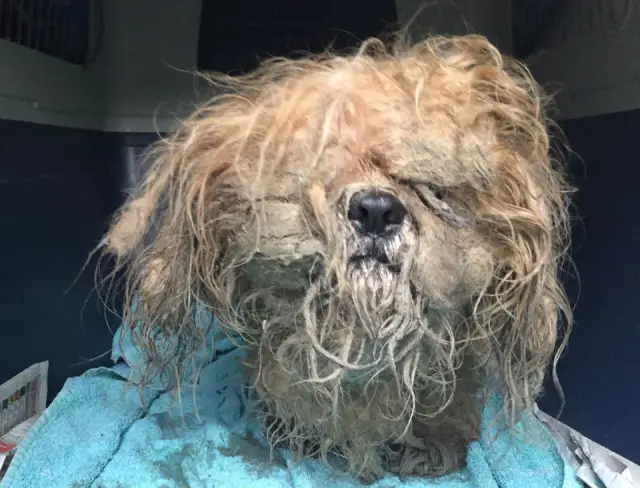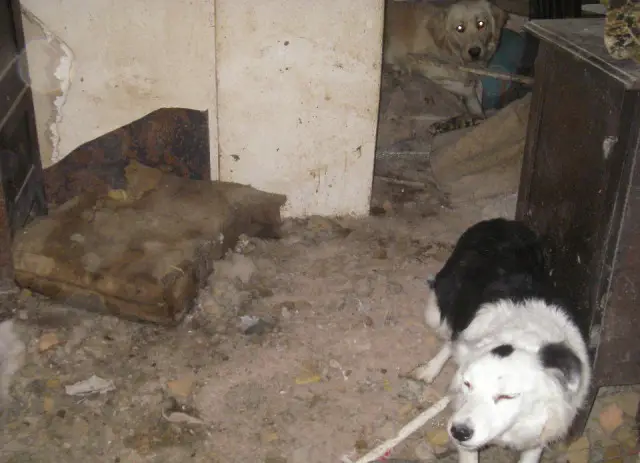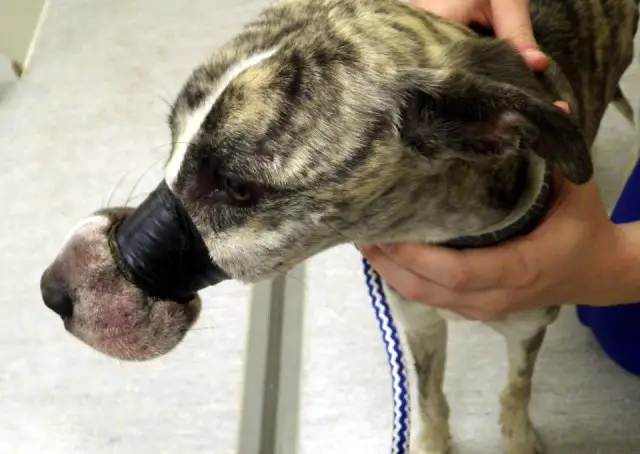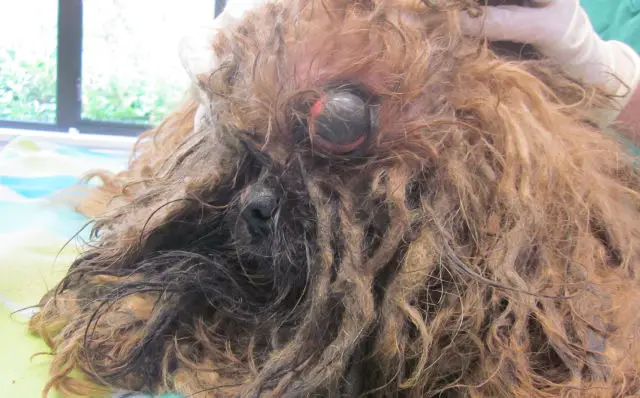Some shocking stories of cruelty to animals across the South West region revealed by the RSPCA. Ed
Figures released this week by the RSPCA reveal that people being convicted for cruelty in many areas of the South West is on the rise, whilst the number of animals being rescued is also increasing across the region.
Courts in the South West have seen an increase in the number of people convicted for crimes relating to animal welfare, particularly in some of the larger counties. In seven out of 13 counties in the RSPCA’s South West region there was an increase in the number of people being convicted in prosecutions taken by the RSPCA. In both Hampshire and Somerset, there was a rise from 16 to 21 convictions.
A rise in rescues
Rescues in the region are also on the rise and some areas have seen a significant increase in the number of animals being collected and brought into the RSPCA’s care.
In Devon the number of animals needing RSPCA help went up from 3,700 in 2014 to 4,000 animals last year. One of these animals was 15-year-old Pudding – an elderly shih tzu dumped in the cold in Plymouth over Christmas with fur so matted that he couldn’t even see the person who had abandoned him. Thanks to the RSPCA, Pudding now lives out his days in the countryside with a loving couple in Devon and their family of rescued animals.
Click on images to see larger versions


12,000 cruelty to dogs investigations
Dogs like Pudding are also the animal that were at the top of the list of RSPCA investigations in the South West last year. The charity’s annual cruelty statistics show that almost 54% of complaints investigated by the RSPCA in the region in 2015 related to dogs. This compares to nearly 24% of investigations related to cats – the second most abused pet.
There were more than 12,000 investigations in the South West into cruelty towards the pet commonly thought of as our most loyal companion – more than double the number of investigations into cats, of which there were 5,730.
The most abused animal in this country
Dermot Murphy, Assistant Director for the Inspectorate, said:
“People think of dogs as man’s best friend but these statistics tell a different story. They are by far the most abused animal in this country and we investigate more complaints about them than any other species.
“The stories in this report show a snapshot of the horrific level of cruelty we have seen in the last year, which have to be some the most extreme cases I have ever heard of.”
Click on images to see larger versions

The South West had a shocking catalogue of abuse and neglect which RSPCA inspectors had to deal with in 2015, including:
- More than 50 animals left to suffer in darkness in a dirty, disused slaughter room in Gloucestershire;
- A lurcher found wandering the streets with duct tape tied so tightly round her muzzle in Oxfordshire that she nearly died;
- A Bichon Frise neglected so badly and left with such serious untreated serious medical conditions in Berkshire that she is now almost blind;
- A skeletal mother Staffordshire Bull Terrier and her puppies left to starve by their owner in Wiltshire.
Click on images to see larger versions

Increase in animal welfare advice
The number of owners who were offered and accepted animal welfare advice has shown a general increase, with 81,475 accepting advice in 2015 compared to approximately 78,000 in 2007.
This trend is reflected in many parts of the South West, with a rise of people in places like Gloucestershire receiving advice on animal welfare (1,433 in contrast to just 1,239 last year). Other areas and counties that have shown an increase in advice being issued to owners are Berkshire, Bristol, Somerset and Worcestershire.
Dermot Murphy added:
“It is encouraging that some of the figures are down on last year and that the numbers of complaints being dealt with by education and advice are going up, as we would always much rather improve animal welfare by giving advice to owners if at all possible.
“Yet even if some of the overall numbers are lower, the level of depravity we have seen in 2015 cases are up there with some of the most extreme we have ever known.”





